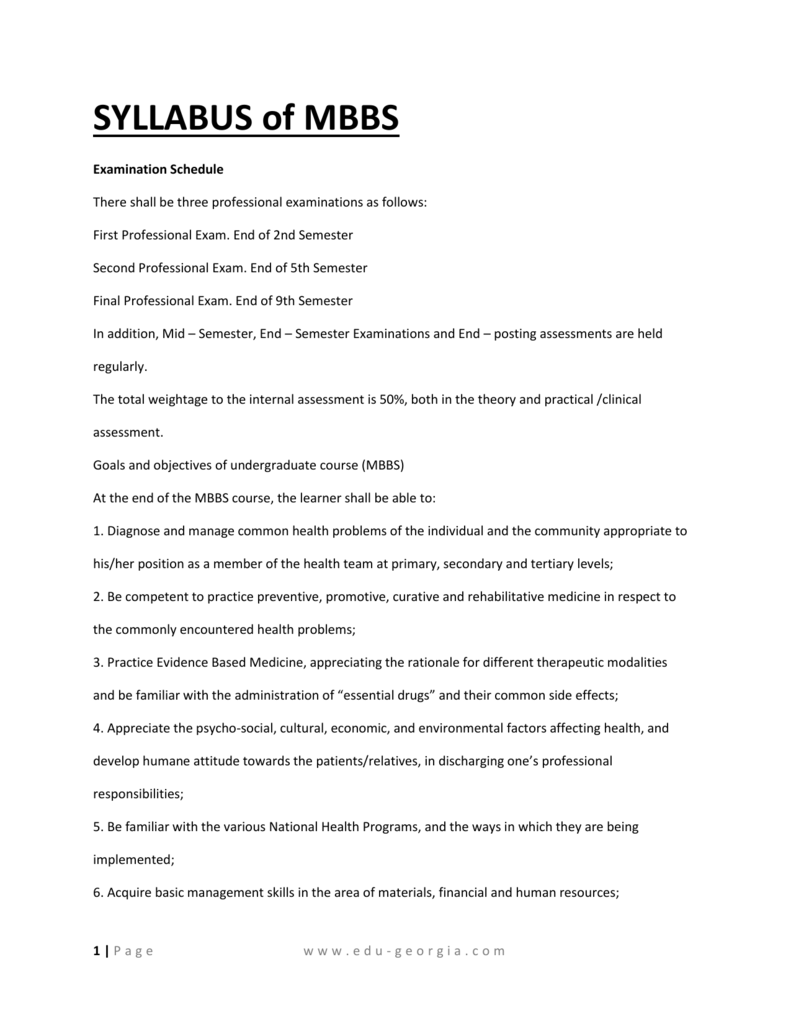
but I want us to be healthy and I think it's important.' You may be surprised by how well your partner reacts. You can start with something like, 'I'm a little nervous to bring this up. "If you’re nervous, know that the more you do it, the easier it gets. "Conversations about STIs don’t have to be uncomfortable," Gupta says. One survey by the Kaiser Family Foundation even found that 78 percent of young people would be glad if their partner suggested a test, and that 89 percent think suggesting a test reflected their partner being responsible. The same is true for talking about STI testing if you're nervous. Sometimes, when you start talking about a fear, it begins to dissipate. Too many people don’t have the health care and education they need to keep themselves healthy, and STI rates continue to be a significant public health concern." It may make the whole thing less overwhelming to know that you can be part of the fight against stigma and misinformation simply by doing your part and getting tested. We know that there’s a vast unmet need for reproductive and sexual health care and education in the U.S. "STIs are on the rise in the U.S., and some communities are more negatively affected due to historical and structural oppression that lead to barriers to education and health care," June Gupta, MSN, WHNP-BC, associate director of medical standards at Planned Parenthood Federation of America, tells Bustle. According to the Centers for Disease Control (CDC), sexually active young people account for half of all new STI diagnoses. In this context, the fact that STIs are on the rise is no surprise.Ĭontrary to the language that still surrounds STIs, they are not rare, "dirty," or abnormal. And on a whole, according to a study published by the National Institutes of Health (NIH), stigma often gets in the way of testing. Physicians only spend an average of 36 seconds talking about sexual health during checkups.

But it's not just glossed over in the bedroom.

In a recent Bustle Trends Group survey of 226 women, ages 18 to 34, only 54 percent of women said they are "extremely likely" to discuss STIs with a new partner, and 21 percent wait until they become exclusive with a partner to talk about STIs. Sexual health is an important piece of the puzzle when it comes to overall physical health, but it is often overlooked. Luckily, there are plenty of ways to make it less nerve-wracking. But when the risk is real of testing positive, and the stigma is still so pervasive, it can be hard to find ways to calm the fear of getting tested for STIs. These two things are both true: STIs are more common than many people think, and testing for STIs does not have to be as scary as it sometimes seems.


 0 kommentar(er)
0 kommentar(er)
